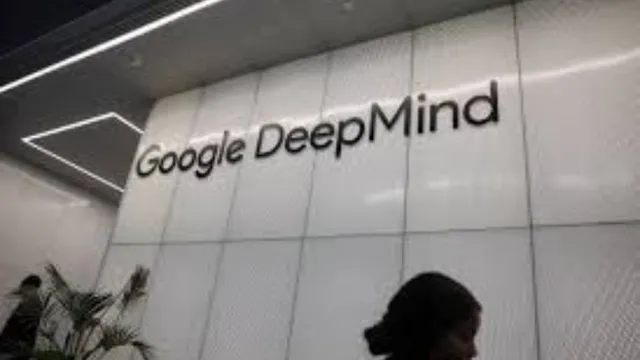- By Prateek Levi
- Sun, 19 Oct 2025 05:54 PM (IST)
- Source:JND
In this new era of technology where the world of AI is constantly evolving, leaders from the top tech companies and conglomerates are opening up about the use and consequences of AI. Now recently Google DeepMind's CEO Demis Hassabis has expressed concerns about a critical flaw in AI (Artificial Intelligence). Speaking on a podcast, "Google for Developers", DeepMind's CEO expressed that even though AI is quite capable of handling complex mathematical problems and even comes out on top at elite mathematical competitions, it might fail at mere elementary-grade problems. This is a flaw he iterates must be fixed before this technology reaches Artificial General Intelligence (AGI).
ALSO READ: Best Gadgets To Buy This Diwali 2025: iPhone 17, OnePlus Nord 5, And More Top Tech Picks
"It shouldn't be that easy for the average person to just find a trivial flaw in the system," Hassabis expressed, shedding light on how these advanced models can ace something like an International Mathematical Olympiad but "still make simple mistakes in high school maths."
A Problem That Put The Entire Timeline At Risk
Demis Hassabis described today’s AI as having what he called “uneven” or “jagged intelligences”—systems that perform exceptionally well in certain areas but falter in others. His view aligns with Google CEO Sundar Pichai’s earlier term “AJI” (artificial jagged intelligence), referring to the same imbalance in machine capabilities.
Hassabis noted that overcoming these gaps isn’t just a matter of feeding models more data or increasing computational power. Instead, he pointed to missing pieces in areas like reasoning, planning, and memory. He emphasised the need for more rigorous evaluation methods and tougher benchmarks to better understand where AI excels and where it still falls short.
Where Do Other Players Stand?
Although the arrival of AGI is depicted to take place sometime "in the next five to 10 years" in April, Hassabis accepts the fact there are several milestones that still remain to be achieved. His main concerns align with OpenAI's CEO Altman, who expressed following the launch of GPT-5 that the new model still lacks the capability of continuous learning, a characteristic that is essential when it comes to mastering AGI in the true sense.
ALSO READ: Bad News For Samsung Fans! Galaxy S26 Launch Delayed, Now Expected In This Month
AI experts and leaders in the field are becoming more vocal about a key problem that even today's systems face, like hallucinations, spreading false information, and more than a few basic errors. These are the issues that need to be fixed first before getting to the point where we can think of true AGI – something that has the capabilities to think like a human. It's something like a ripple effect that happened with social media companies as well – underestimation of the effects of the platforms in their early stages.

